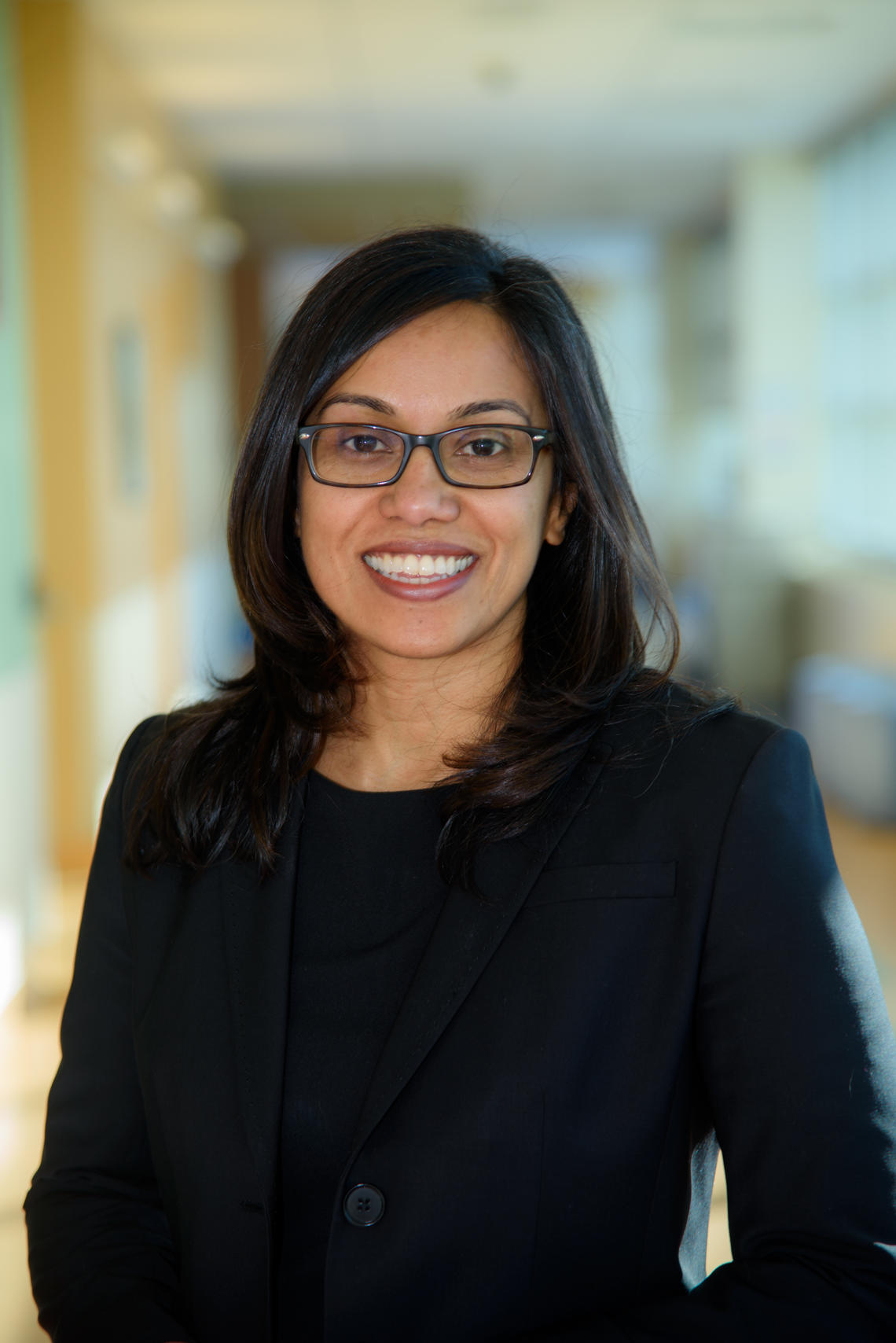Nov. 14, 2018
Do you have the right stuff to be a scientist?

The Canadian Child Health Clinician Scientist Program provides training and funding.
Colourbox.com
From the social worker who visits the home of a vulnerable family, to the radiologist who x-rays the fractured arm of a child in the emergency department, to the neurologist who is investigating the cause of spasms in a newborn — these are all clinicians. At some point in their career, they may ask themselves, do I have the right stuff to be a scientist to evaluate and improve the health care we provide?
If the answer is yes, the next step is to find the expertise and training to lift their career to another level, that of a clinician-scientist.
“Clinician-scientists are champions for change and innovation, and also provide leadership in diverse settings including senior academic, health services and policy-maker roles,” says Dr. Susan Samuel, MD. “They are an invaluable group of highly skilled professionals in Canada and globally.”
In partnership with 17 academic child health research and training centres in Canada including the Alberta Children’s Hospital Research Institute at the Cumming School of Medicine (CSM), the Canadian Child Health Clinician Scientist Program (CCHCSP) provides training and funding for clinician-scientists engaged in child and youth health research.
“We hope to build and nurture a scientific community to sustain a bright future for child health research,” says Samuel, a member of the departments of paediatrics and community health sciences at the CSM.

Susan Samuel is an alumna of the Canadian Child Health Clinician Scientist Program.
Monique de St. Croix
Recently Samuel was appointed to lead the national program, the first director selected from Western Canada. “As an advocate for young clinicians from many institutions, I am so happy for this tremendous opportunity to make a difference in child health,” she says.
Samuel is very excited about the program. She’s an alumna of the CCHCSP, having received her Career Development Award in 2011. The award guarantees protected time for research during early career development within a mentored research training program. The goal of the program is to train the next generation of child and youth health clinician-scientists in a multidisciplinary context.
“We want to get students to see themselves as changing the future,” Samuel says. Any doctoral, postdoctoral student or new investigator with a health professional degree from any faculty can participate in the training program. Only seven clinician-researchers have participated from the University of Calgary since the program’s inception in 2002 — something Samuel would like to see change.
Supervised by a mentor, trainees become highly skilled as they take on research training and participate in a core curriculum. The next round of applications are due April 1, 2019. Interested students are encouraged to visit the CCHCSP website to apply.
Samuel is heartened by the growing interest in the program and the incredibly talented individuals in the current intake. “We hope to increase enrolment,” she says. “I know the program will be transformative for all trainees involved.”
